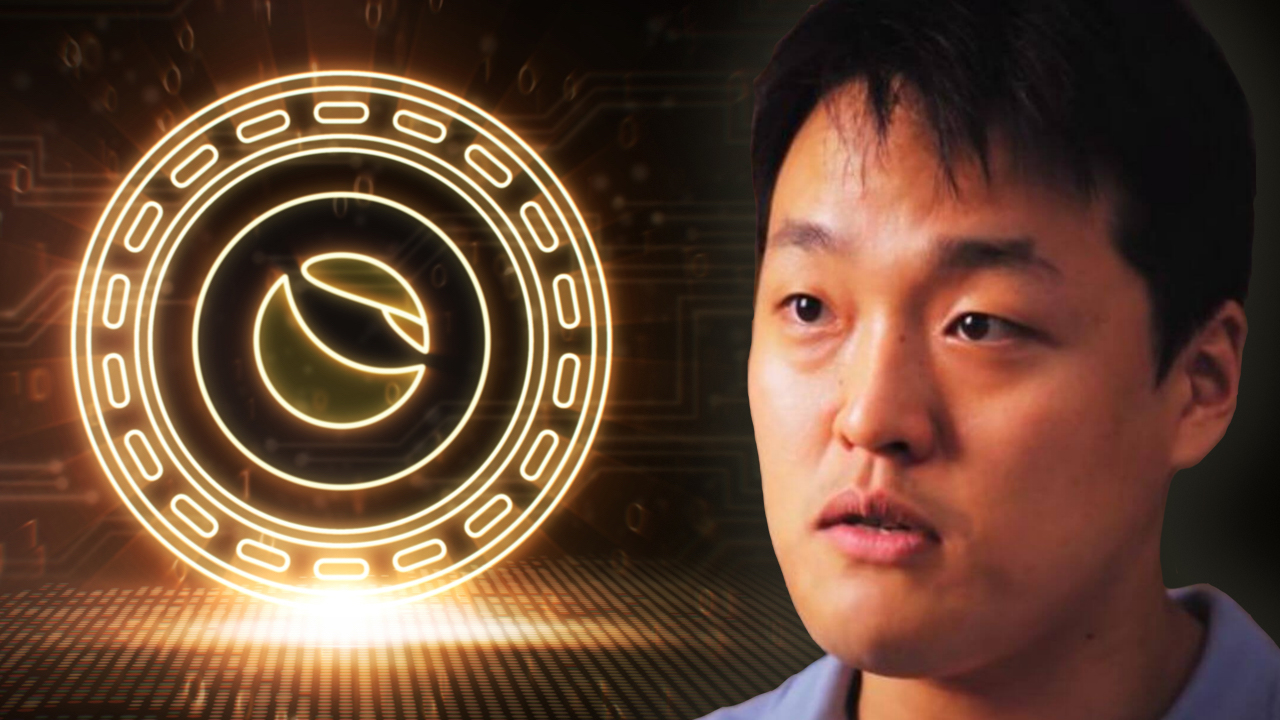
After the LUNA and UST meltdown, many crypto investors have been curious about the project’s rise in popularity and people wonder about the background of Terra’s co-founder Do Kwon. Moreover, it is not commonly known that Terraform Labs was also founded by Daniel Shin, the founder of a payment firm called CHAI. After Shin left the company, the startup saw significant growth and Kwon became the main face of Terra’s ‘Lunatic’ movement.
Do Kwon — A Stanford Graduate That Became the Face of the Terra Money Project Following His Partner’s Departure
The Terra blockchain fiasco will go down in crypto history as one of the craziest events during the last 13 years. It all started during the second week of May, when the once-stable coin terrausd (UST) lost its peg from its $1 parity. This caused a massive bank run-like event where billions of dollars worth of crypto was withdrawn from Curve Finance, Lido, and the decentralized finance (defi) lending app Anchor Protocol.
Terra blockchain’s native token (LUNA) fell significantly in value as well, as the network’s LUNA/UST swapping mechanism drove the coin toward a death spiral. Terra’s entire ecosystem was wiped off the top crypto projects list, and now it is placed at the bottom of the barrel, among a litany of failed digital currencies.
However, for quite some time Terra was considered one of the hottest blockchain projects out there, and LUNA reached an all-time high at $119.18 per unit on April 5, 2022. Today is a different story, as a single LUNA is now exchanging hands for $0.00018000 per unit. While many disliked Terra’s co-founder Do Kwon, a great number of people enjoyed his attitude.
The 31-year-old South Korean native Do Kwon is a Stanford University graduate and according to nymag.com, he allegedly worked for Apple and Microsoft. At Stanford Kwon graduated with a degree in computer science. While not much is known about Kwon’s prior history, he’s been a member of the crypto community for quite some time.
According to a report published by Coindesk authors Sam Kessler and Danny Nelson, Kwon was allegedly involved with another failed stablecoin project called “Basic Cash.” Former Terraform Labs employees claim Kwon operated the Basic Cash project under the pseudonym “Rick Sanchez.” Kwon is known for founding Terraform Labs with Daniel Shin, the founder of a payment firm called CHAI.
Terra’s White Paper, Terra Alliance, and Capital Injections From Well-Known Backers
The Terra project’s white paper was authored by Evan Kereiakes, Marco Di Maggio, Nicholas Platias, and Do Kwon. The white paper details that the main foundations of “Terra Money” include “stability and adoption.” The Terra project was created in January 2018 and LUNA’s first recorded market value was $3.27 per unit on May 7, 2019. By January 2020, LUNA was trading for much lower values at $0.20 to $0.50 per unit.
Then, in February 2021, LUNA started to gain significant market traction and eventually climbed 23,700% to the crypto asset’s all-time price high. Additionally, from October 2020 all the way until May 9, 2022, Terra’s stablecoin terrausd (UST) held its $1 parity with the U.S. dollar. Before both of these tokens and the many other crypto assets built on top of Terra, the project derived from the group Terra Alliance. The group is a 16-member international network of Asian e-commerce and financial advisory firms.
In February 2019, Terra Alliance had an overall reach of around 45 million users in ten different countries with platforms such as Musinsa, Yanolja, TMON, and Megabox. TMON was a billion-dollar startup that was founded by Daniel Shin and in August 2018, Shin told the press his new stablecoin project raised $32 million.
Investors included Arrington XRP, Kenetic Capital, Binance Labs, FBG Capital, 1kx, Hashed, and Polychain Capital. “We are pleased to support Terra, which sets itself apart from most other blockchain projects with its established and immediate go-to-market strategy,” Polychain Capital’s Karthik Raju said at the time.
The project’s official mainnet launch was in April 2019 and ecosystem tools were made available like the block explorer Terra Finder and the wallet Terra Station. In May 2019, Terraform Labs had a ‌corporate funding round led by Arrington XRP Capital, and in August 2019, Hashkey Capital backed the team.
In January 2021, Terraform Labs raised $25 million from Coinbase Ventures, Galaxy Digital, and Pantera Capital. The following July, Galaxy Digital, Arrington XRP Capital, Blocktower Capital, and others injected $150 million into an ecosystem fund created by the Terra team. Additionally, Terraform Labs invested in other companies such as Hummingbot, Stader Labs, Espresso Systems, Leapwallet, and Rain.
Anchor: The So-Called ‘Gold Standard for Passive Income’
2019 was the year Terra started seeing a lot more buzz surrounding the project and in June of that year, the network had its first protocol upgrade. A year later in July, Shin’s firm CHAI launched the CHAI card and by January 2020, Shin left Terraform Labs after two years of working with the project.
Shin still leads CHAI corporation and he still runs TMON as well. While Shin was the face of Terra’s initial leap getting backing from Binance in August 2018, it was Kwon who accepted the $25 million in January 2021, and the $150 million in July 2021. Moreover, in the summer of 2020, a concept built on Terra called the “Gold Standard for passive income on the blockchain” was born.
In June 2020, Anchor Protocol’s white paper was published and it was written by Nicholas Platias, Eui Joon Lee, and Marco Di Maggio. “Anchor offers a principal-protected stablecoin savings product that pays depositors a stable interest rate,” the white paper explains. Nicholas Platias introduced Anchor on July 6, 2020, explaining that the team wanted to get rid of the “highly cyclical nature of stablecoin interest rates” in defi.
For quite some time, Anchor Protocol gave depositors a 20% compounding interest rate until the project decided to shift to a dynamic earn rate at the end of March 2022. The Anchor project started to see a lot more criticism at the time and sustainability concerns. During the last few months, Anchor was called a Ponzi scheme in a number of social media and forum posts written by crypto proponents.
Do Kwon: ‘I Don’t Debate the Poor on Twitter’ and ‘95% of Coins Are Going to Die’
Terra’s stablecoin UST was also criticized by the Galois Capital executive Kevin Zhou who predicted the de-pegging incident well before it happened. Do Kwon was admired by a large army of ‘Lunatics’ and despite Zhou’s early criticisms, Kwon proudly told people to continue staying “poor.” “U still poor?” Kwon asked on social media, “I don’t debate the poor on Twitter,” the Terra founder explained.
Notice how the cockroaches are silent tonight as the 🌕 shines bright
As promised, the moon gave no quarter
— Do Kwon 🌕 (@stablekwon) December 22, 2021
Kwon also once remarked that “95% [of coins] are going to die, but there’s also entertainment in watching companies die too.” The Terra co-founder additionally had problems with the U.S. Securities and Exchange Commission (SEC) as the regulator took issue with Terra’s Mirror Protocol.
Kwon then said he decided to sue the SEC for not using the proper channels to deliver his subpoena and that the regulator lacked jurisdiction over Terra’s properties. “The SEC attorneys were well aware that TFL and Mr. Kwon had consistently maintained that the SEC lacked jurisdiction over TFL and Mr. Kwon, and at no time asked Dentons lawyers whether it was authorized to accept service of subpoenas,” Kwon’s lawsuit stated. Similar to Terra’s suite of stablecoins, Mirror Protocol allowed people to mirror stocks like Amazon or Apple via Terra’s blockchain network.
Would prefer to ask whatever your net worth is and bet 90%
But maybe this is what that is already
— Do Kwon 🌕 (@stablekwon) March 13, 2022
Terra’s Story Continues With No End in Sight
Now the Terra project looks to revive itself from a near-dead state by forking the network without a stablecoin. However, a lot of controversy surrounds the Terra project today and Terra’s co-founder Do Kwon has been blamed for a number of miscalculated errors. Questions have surrounded the bitcoin (BTC) reserves the Luna Foundation Guard (LFG) held in order to defend UST’s $1 parity.
Later the Singapore-based nonprofit LFG disclosed what the organization did with the 80K+ bitcoin (BTC) it once held in its reserves. Then three members of the Terraform Labs (TFL) in-house legal team abruptly resigned after the project’s fallout and reports further noted that Do Kwon dissolved TFL before UST and LUNA collapsed.
Woah. Do Kwon describing Terra's "Protocol Armageddon" in 2021. "A kill switch" where TFL "pulls the trigger" and disappears from the project after cutting all of their ties – "in 24 hours we're gone." Is this potentially related to what's happening with Terra 2 this week? pic.twitter.com/jFDx0zLcIy
— FatMan (@FatManTerra) May 20, 2022
Terra rose to popularity rather quickly, but the project’s demise was even quicker. The Terra project has not been put out of its misery, and the platform’s native tokens still have a small amount of value. Today, many Terra supporters are hopeful while detractors are doubtful that Terra and Do Kwon can revive the broken blockchain ecosystem.
The market has already decided, for the most part, that LUNA and UST are not as valuable as they once were. Whether or not a Terra fork and airdropping new tokens will help the project come back remains to be seen and it’s safe to say, Terra’s story has not ended.
What do you think about the rise of Terra LUNA and the people that helped Do Kwon? Let us know what you think about this subject in the comments section below.

You can get bonuses upto $100 FREE BONUS when you:
💰 Install these recommended apps:
💲 SocialGood - 100% Crypto Back on Everyday Shopping
💲 xPortal - The DeFi For The Next Billion
💲 CryptoTab Browser - Lightweight, fast, and ready to mine!
💰 Register on these recommended exchanges:
🟡 Binance🟡 Bitfinex🟡 Bitmart🟡 Bittrex🟡 Bitget
🟡 CoinEx🟡 Crypto.com🟡 Gate.io🟡 Huobi🟡 Kucoin.
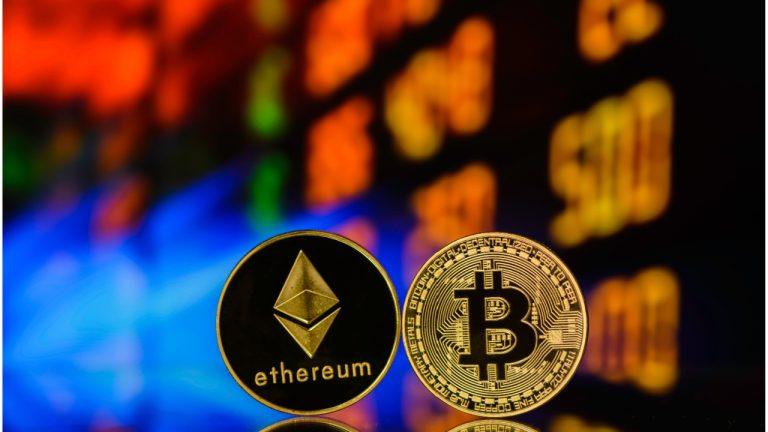
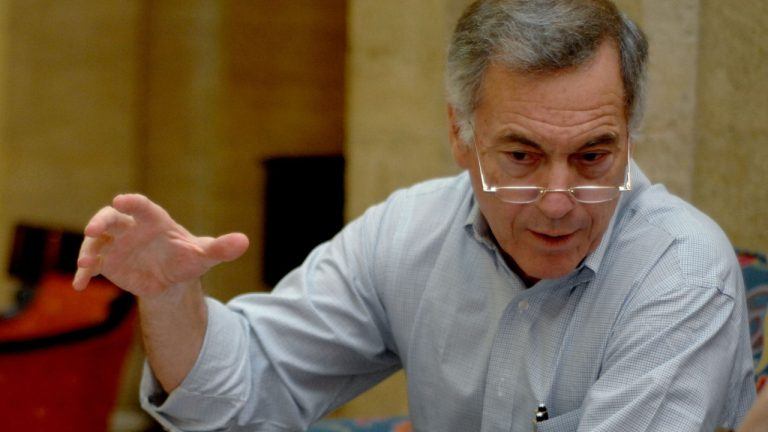


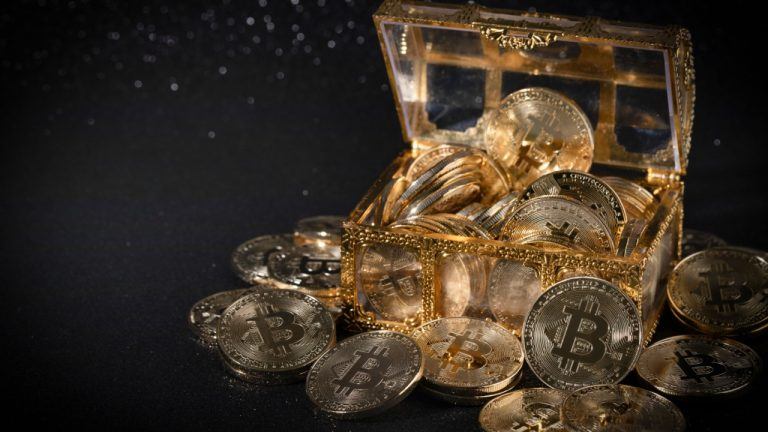


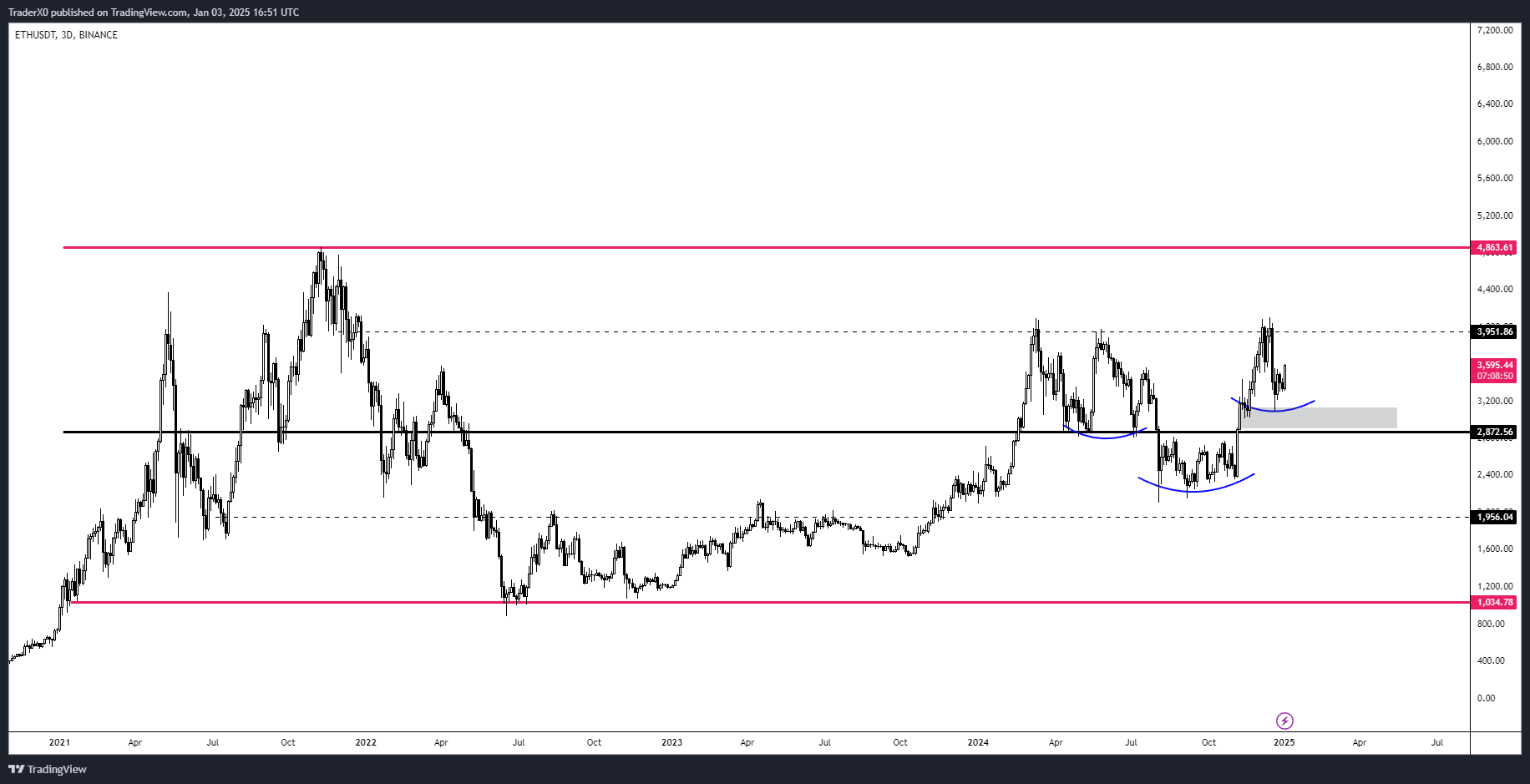
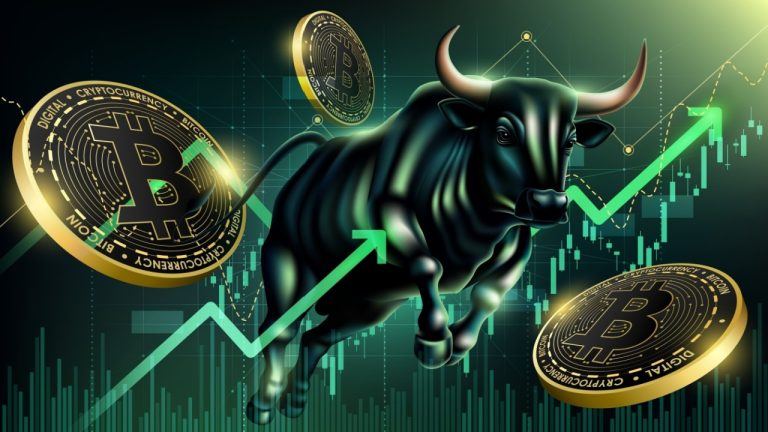
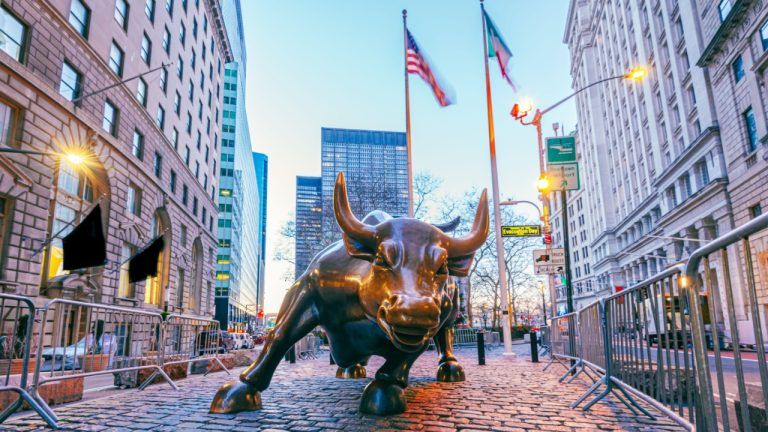
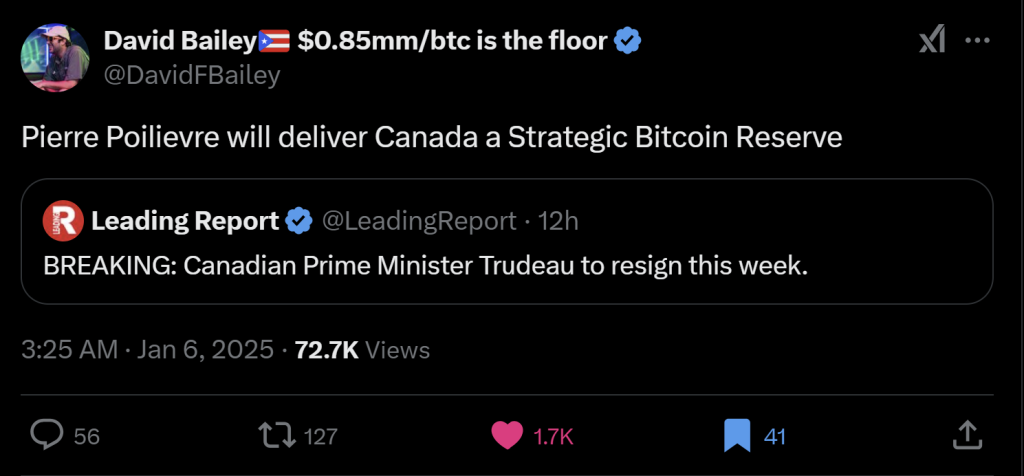
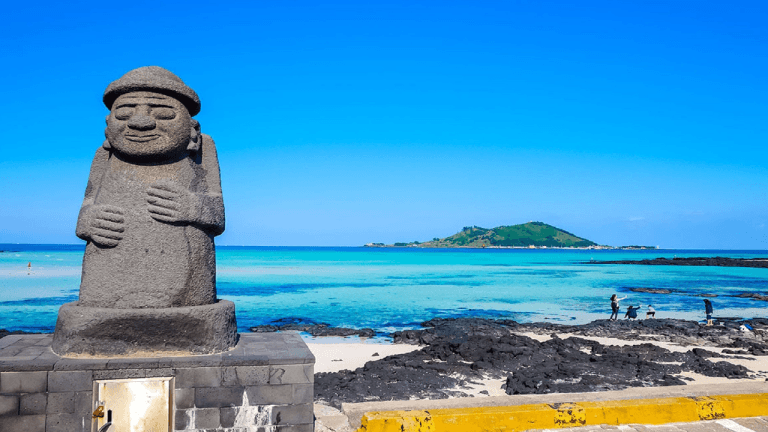


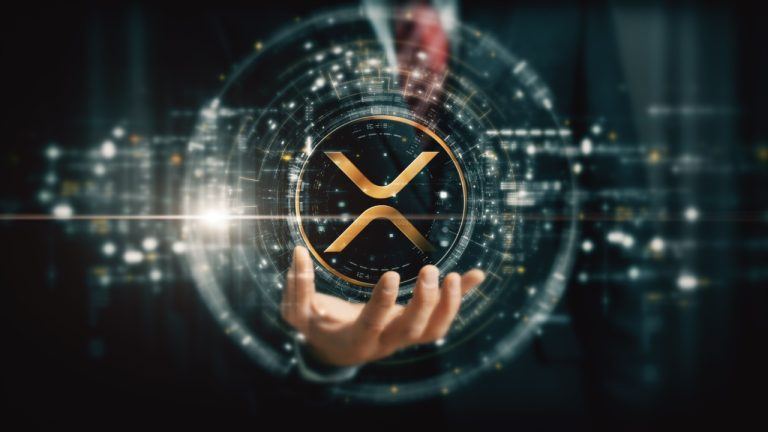
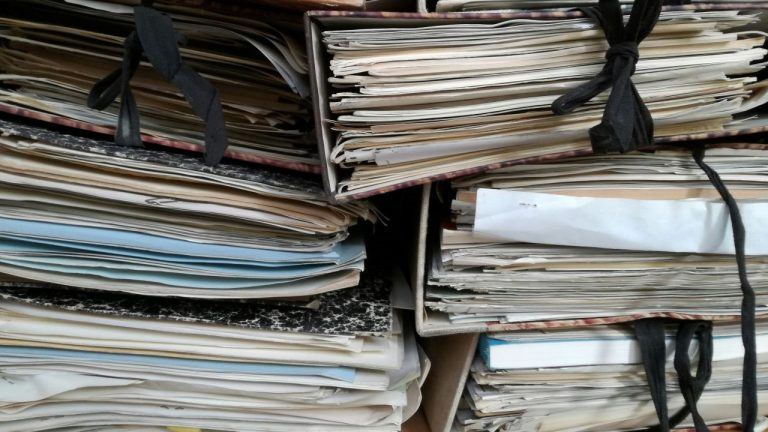
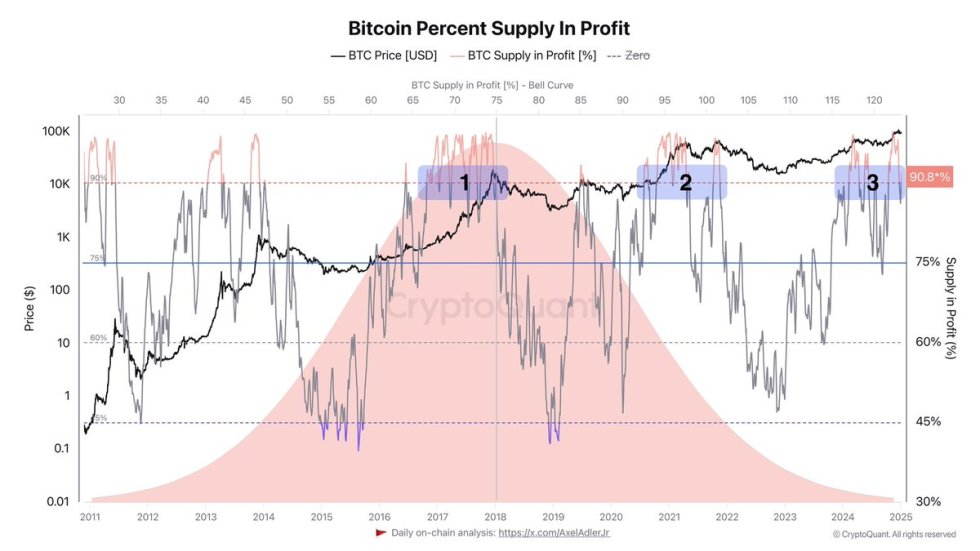
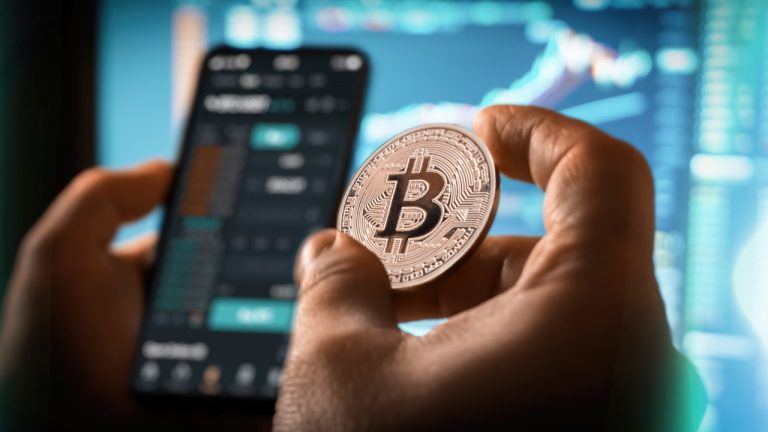
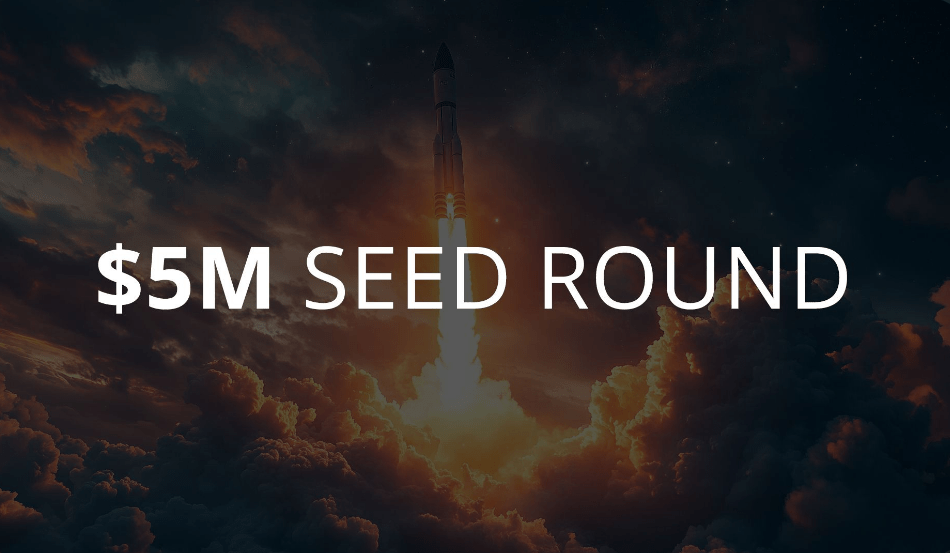

Comments